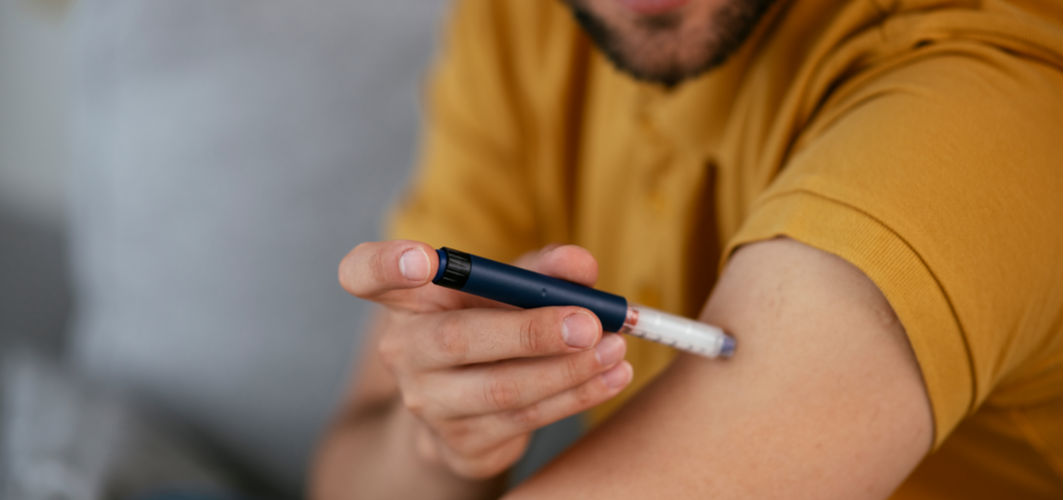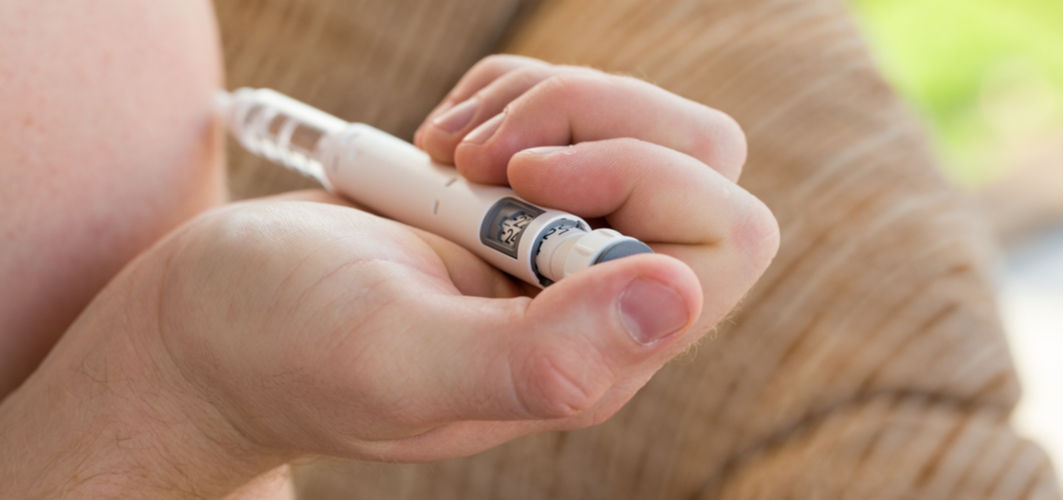Diabetes Management
Diabetic Retinopathy: An Overview
2 min read
By Apollo 24|7, Published on - 09 July 2024
Share this article
0
0 like
.jpg?tr=q-80)
As the number of people diagnosed with diabetes rises, it is essential to know and understand the various health complications that can arise as a result of this condition. One such complication is diabetic retinopathy, a severe eye condition that can lead to vision loss if not properly managed.
Understanding Diabetic Retinopathy
Diabetic retinopathy is caused by damage to the retina's blood vessels due to high sugar levels in the blood from diabetes. This damage can lead to vision loss, making it the leading cause of vision impairment among diabetic individuals.
Stages and Classification
Diabetic retinopathy is classified into two significant stages - Non-proliferative diabetic retinopathy (NPDR) and Proliferative diabetic retinopathy (PDR).
- Non-proliferative diabetic retinopathy (NPDR) is an early-stage disease involving leakage of blood vessels, which results in swelling of the retina or deposits.
- Proliferative diabetic retinopathy (PDR) is more severe, where fragile blood vessels grow abnormally, leading to bleeding and scar tissue - causing severe sight issues.
Identifying Symptoms and Prevention Measures
Symptoms of diabetic retinopathy include
- floaters in vision,
- blurred or fluctuating vision,
- empty areas in vision,
- even vision loss if left untreated.
Controlling your sugar levels, blood pressure, and cholesterol is critical to preventing or slowing its progression. Regular comprehensive eye exams are also vital for early detection and treatment.
Comprehending Treatment Options
Treatment for diabetic retinopathy can include injections of anti-VEGF (Anti-vascular endothelial growth factor therapy) medication, laser surgery, and vitrectomy surgery. However, preventing its onset through careful control of diabetes remains vital.
Managing diabetes is crucial to preventing complications like diabetic retinopathy. The Apollo Super 6 program has been designed to help manage type 2 diabetes through lifestyle changes and personalised support. With a proven track record in improving health outcomes such as HbA1c levels, weight, waist circumference, and blood sugar levels, among others, it could be a worthwhile consideration.
Diabetes Management
Consult Top Diabetologists
View AllLeave Comment
Recommended for you

Diabetes Management
What Is Insulin Therapy?
Insulin therapy is a treatment for diabetes that involves using insulin to regulate blood sugar levels. It is typically prescribed for people with type 1 diabetes and may also be recommended for those with type 2 diabetes who cannot control their blood sugar through other means like medications, diets and exercises.

Diabetes Management
Insulin Therapy for Diabetes: Separating Myths from Facts
Insulin treatment may not lead to weight gain. In type 2 diabetics, undergoing insulin treatment, weight gain is frequently caused by the improved blood glucose control and higher effectiveness in utilising glucose. Insulin itself does not directly cause it. The initial weight increase frequently stabilises with time, proper diet and exercising.
.jpg?tr=q-80)
Diabetes Management
Late-night eating: OK if you have diabetes?
Living with diabetes doesn't mean you need to avoid late-night snacking. However, it's all about making smart choices. Opt for low-carb, high-protein snacks and limit portion sizes to maintain stable blood sugar levels. Remember, tailored advice from a healthcare professional is essential in managing diabetes effectively. Consider enrolling in a diabetes management programme like Apollo Super6 for comprehensive and personalised support.
Subscribe
Sign up for our free Health Library Daily Newsletter
Get doctor-approved health tips, news, and more.
Visual Stories

8 Fruits That are Incredibly Healthy for Diabetes
Tap to continue exploring
Recommended for you

Diabetes Management
What Is Insulin Therapy?
Insulin therapy is a treatment for diabetes that involves using insulin to regulate blood sugar levels. It is typically prescribed for people with type 1 diabetes and may also be recommended for those with type 2 diabetes who cannot control their blood sugar through other means like medications, diets and exercises.

Diabetes Management
Insulin Therapy for Diabetes: Separating Myths from Facts
Insulin treatment may not lead to weight gain. In type 2 diabetics, undergoing insulin treatment, weight gain is frequently caused by the improved blood glucose control and higher effectiveness in utilising glucose. Insulin itself does not directly cause it. The initial weight increase frequently stabilises with time, proper diet and exercising.
.jpg?tr=q-80)
Diabetes Management
Late-night eating: OK if you have diabetes?
Living with diabetes doesn't mean you need to avoid late-night snacking. However, it's all about making smart choices. Opt for low-carb, high-protein snacks and limit portion sizes to maintain stable blood sugar levels. Remember, tailored advice from a healthcare professional is essential in managing diabetes effectively. Consider enrolling in a diabetes management programme like Apollo Super6 for comprehensive and personalised support.



